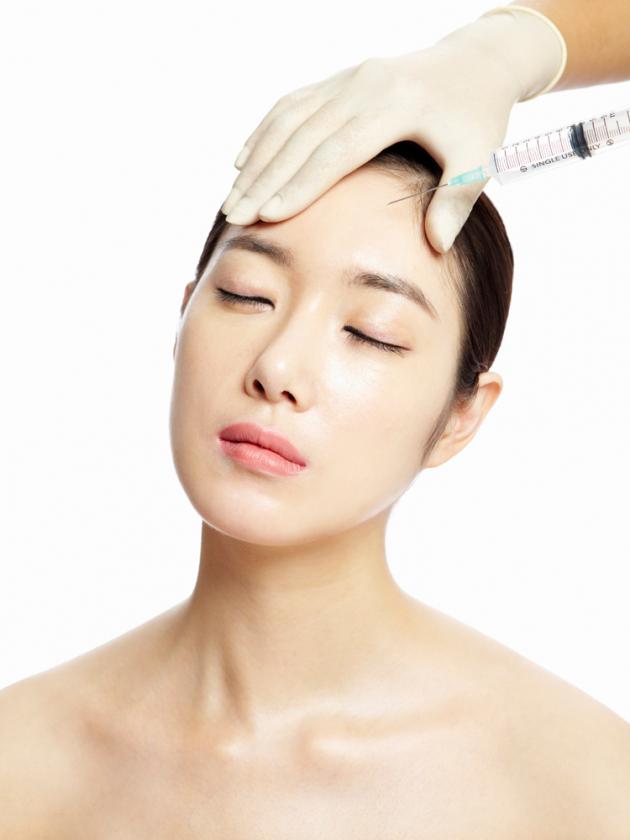Two drug makers clash over source of botulinum toxin strain
As an increasing number of Korean pharmaceutical firms are developing Botulinum toxin used for reducing wrinkles and other purposes, a controversy is also continuing over the source of its strain.
Medytox, which succeeded to commercialize Botulinum toxin for the first time in Korea, said in October that it suspected Daewoong Pharm and HUGEL stole its strain to make their drugs. Medytox later released the base sequence of its strain and demanded Daewoong and others to disclose the source of their strains.
Yang Kyu-hwan, a Korean scientist, reportedly introduced Medytox’s Botox strain from the University of Wisconsin in 1979. The U.S. university’s Botox is also the source of Allergan’s Botox strain.
Noting that it was difficult to discover botulinum toxin, Medytox says it is strange how Korean companies have succeeded in developing the drug relatively easily. So far, only eight pharmaceutical businesses in the world have developed and commercialized the Botox medicine; three of them are Korean companies.
Medytox is also bringing out a question on the process Daewoong Pharm and HUGEL found Botulinum toxin. Daewoong has reportedly found Botox in its stable in Yongin, about 30 km south of Seoul, and HUGEL, in canned food.

Medytox claims botulinum toxin is a state-controlled biochemical substance and anyone who finds it should immediately report to the Center for Disease Control and Prevention (CDC), and the center should investigate it. There were reports, but CDC has not investigated them, according to Medytox officials.
To dissolve the suspicion, Medytox is demanding the other two companies distinguish who’s right or wrong by analyzing the strains’ base sequences. Daewoong and HUGEL have not responded to the claim, arguing Botox strains are trade secrets and no companies would make public the entire base sequences.
Medytox pushed ahead with disclosing the analysis of whole base sequences of its strain in October and pressed the other two to do the same. In January, the company ran a TV ad calling for the analysis and disclosure of all Botox strains discovered in Korea.
However, the Ministry of Food and Drug Safety, judging the TV commercial violated the Pharmaceutical Affairs Act that prohibits the advertisement of prescription-based drugs, slapped a penalty on Medytox, suspending the sale and advertisement of its product.
Industry watchers note that the ongoing controversy started when it became apparent Daewoong’s Botox product, Nobota, will enter the U.S. market. Medytox made a contract to sell Innotox (liquid-type Botulinum toxin drug) with Allergan in 2003 but has yet to complete clinical trials and enter into permission processes in the United States.
Daewoong, the second mover, has already finished clinical trials in the U.S. and will take steps to win approval this year. Also, rumor has it that Medytox, along with its U.S. partner Allergan, is trying to block Daewoong’s advance to the U.S. market because Nobata’s entrance at a lower price than Allegan could erode into the latter’s sales.
Medytox, however, denies the rumor. “Clarifying the origin of Botulinum toxin strain has little to do with a sales war among drug makers but a process to lay a firm foundation for the Korean pharmaceutical industry for another leap in global markets,” Medytox has told the media several times.
Given the “Botox war” between Medytox and Daewoong Pharm is targeting not just Korean but global markets, it is unlike to end anytime soon, the industry watchers said.

